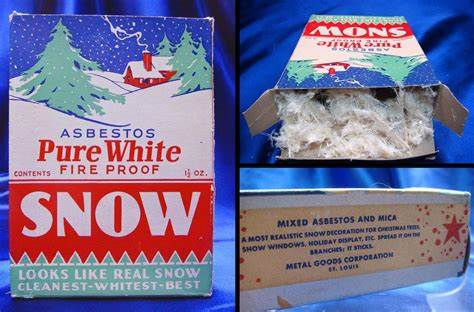Hazardous Chemicals Storage
- Anna Hayford

- Jun 1, 2021
- 2 min read
Home Chemicals Are Still Hazardous Chemicals
Chemical safety is not just a concern at work. As we prepare to enjoy the warmer spring weather, first on many people’s to-do list is to engage in the universal annual ritual, Spring (Summer) Cleaning!
Most of the products that we use to do household chores can become major health or environmental hazards when used or stored incorrectly; in the worst-case scenarios incorrect usage can lead to a visit to the ER. Always have a plan when it comes to bring home and utilizing new chemicals, especially with children or pet at home.
The potentially harmful substances used daily in homes usually have one or more of the following characteristics:
Corrosive - They eat or wear away at materials and/or skin;
Flammable - They easily ignite;
Reactive - They can cause an explosion or produce deadly vapors; and
Toxic - They are poisonous to humans and animals.
Storage
Ensure that your storage cabinet at home is safely secured.
Keep all hazardous chemicals out of the reach of young children or locked up.
Properly mark and store all heavy-duty household chemicals, paints, and poisons.
Keep these on a high shelf, out of children's reach.
Never store hazardous chemicals near food or food products and keep them away from any items used to prepare or cook food in, such as pots and silverware.
Chemicals should not be mixed unless the product specifically states it.
Mixed chemicals can react violently, explode, or produce toxic gases.
Labeling
Labeling is just as important at home as it is in the workplace.
Read labels carefully before using a chemical, ensuring they don’t fade away or tear off.
Keep cleaning products in their original bottles or containers.
Don't store them in cups, bottles, or jars.
Not only are these containers not likely to be capable of safely storing the substance, but it also may be hard to remember later what was put in there in the first place.
Never sniff containers to determine what's inside; some chemicals will make you get sick or pass out.
Take the Proper Precautions
Chemical labeling will tell you much of what you need to know regarding the chemical you’re getting ready to work with.
If you need more information, use google to find more info or Safety Data Sheets for the chemical.
Once you’re familiar with the chemical, you’ll know the proper safeguards you need to take to protect yourself.
Some chemicals may require you to run a fan or open a window while working with them, others may require you to utilize personal protective equipment, such as long sleeves, pants, gloves, or even respirators.
If working with flammable liquids, consider investing in a fire extinguisher to protect your house, just in case.
Disposal
You may need to think about disposal as well, if you ever have a need to get rid of chemicals.
Not all chemicals can be dumped outside, down the drain, or thrown in the trash.
If you don't know how to dispose of the products, contact your local waste management authority.

